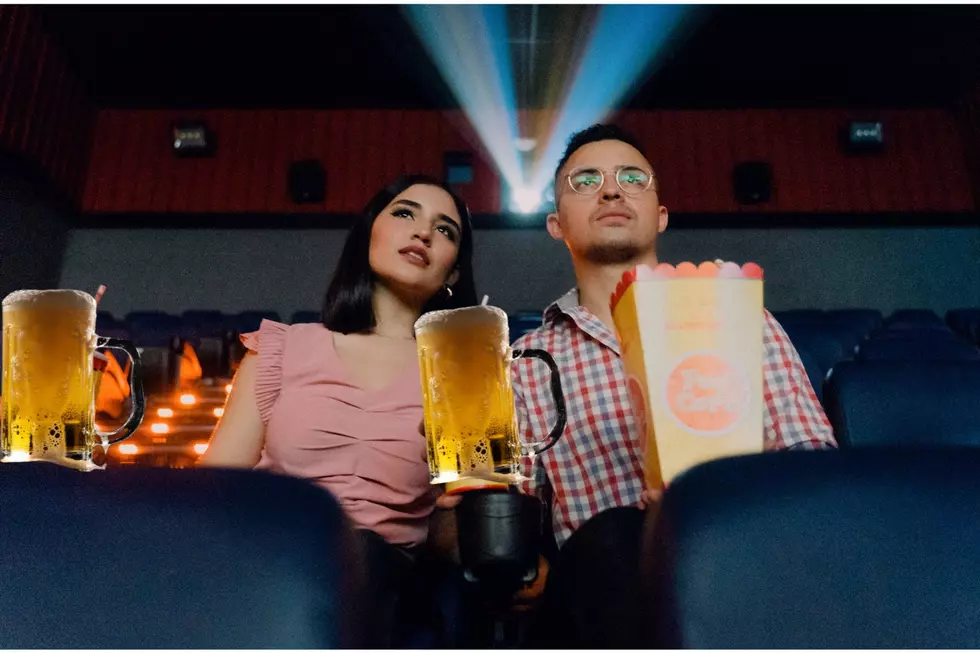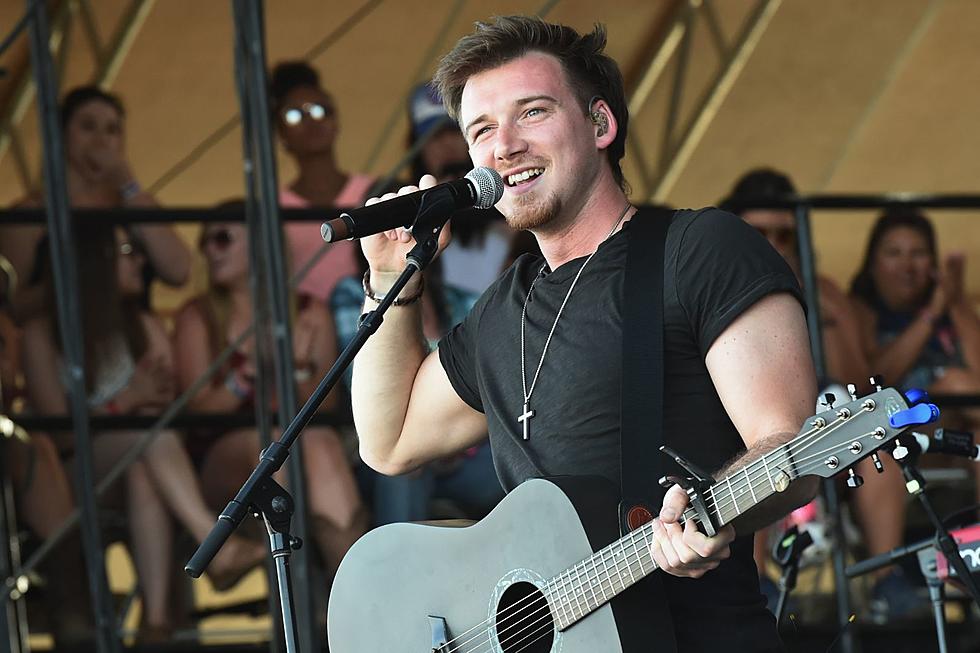
‘The People v. O.J. Simpson’ Review: A Masterful and Meditative Retelling of the Trial of the Century
The O.J. Simpson trial was a cultural milestone for an entire generation. Just as our parents and grandparents remember where they were when JFK was assassinated, many of us can recall with distinct clarity where we were when Simpson notoriously fled the police in a white Bronco with a gun to his head. The media coverage was breathlessly sensational, but there is nothing sensationalized about The People v. O.J. Simpson, the flagship season of Ryan Murphy’s American Crime Story, which is undoubtedly the very best thing Murphy has ever produced.
The first episode opens with a montage of footage from the Rodney King incident and the bombastic riots that followed in L.A., during which black men were beaten by a majority white police force and racial tensions permeated the city as thick as the smog surrounding it. This footage signifies a specific time and place, a socio-political tone, and the prevalent attitudes that informed the public’s view of Simpson’s alleged crime. A successful, charismatic black man who — as a few characters will point out — rose from the streets to make something of himself, it was hard for many to believe that Simpson could have been responsible for the murder of his ex-wife, Nicole Brown, and her friend, Ronald Goldman.
We never spend any time with Brown or Goldman, only their corpses and fleeting visits with the grieving family members they’ve left behind. The focus is — as it was then — squarely on Simpson and the ensuing trial. The People v. O.J. Simpson is structured efficiently and elegantly, arranging all the crucial players on the board in the first two episodes before the strategic trial begins. In this corner we have Sarah Paulson’s Marcia Clark, a State prosecutor determined to imprison Simpson in what should be a slam-dunk case. And in this corner we have Courtney B. Vance’s Johnnie Cochran, a civil rights-minded lawyer with a preachy, powerful eloquence, determined to exonerate Simpson in a case that appears to be a nebulous form of police brutality.
Vance and Paulson are the beating, visceral heart of the series, engaged in a war over Simpson’s soul (and in turn, the souls of the public at large), the courtroom as their battlefield. In a series that boasts one of the best ensemble casts in recent memory, Vance and Paulson still manage to outshine their co-stars — yes, even the eponymous subject, though Cuba Gooding Jr.’s intense performance as O.J. Simpson may be his best work to date. Rounding out the cast are David Schwimmer as Simpson’s hopelessly devoted and earnest friend Robert Kardashian, John Travolta as the narcissistic and toothy, fame-hungry lawyer Robert Shapiro, Nathan Lane as the near-useless Lee Bailey, and Sterling K. Brown as the steadfast D.A. prosecutor Christopher Darden, who becomes an unwitting pawn in the racially-charged trial.
As The People v. O.J. Simpson suggests, Simpson’s trial didn’t quite start out as a “race thing,” but when the defense uncovered the racist proclivities of police officer Mark Fuhrman, the game swiftly changed as they were hand-delivered a defense strategy centered around potential police misconduct. What should have been a slam-dunk case for Clark & Co. evolved into a hopeless attempt to prosecute a black American hero who stood as an idealistic symbol for a disenfranchised community.
The series is not without some modicum of bias. A shot of Gooding Jr. in his jail cell casts his face with foreboding, near-sinister shadow, evoked shortly after on that infamous cover of TIME magazine, where Simpson’s skin was darkened dramatically. The first two episodes, at least, tend to favor the prosecution, and Paulson’s deeply empathetic portrayal of the endlessly dedicated Marcia Clark makes it easier to choose a side.
Simpson’s acting career is alluded to a few times, almost as a reminder that perhaps his reactions are not to be trusted, no matter how powerful and heartbreakingly vulnerable he appears to be. This is a man who has made a career out of navigating the offense, of dodging obstacles and of charming an entire nation on screens both big and small.
Series creators and writers Larry Karaszewski and Scott Alexander are best known for writing The People vs. Larry Flynt, Tim Burton’s Ed Wood and Big Eyes, and Man on the Moon. This is their least eccentric and most thoughtful endeavor to date, and — certainly for a Ryan Murphy production — The People v. O.J. Simpson is incredibly restrained, lacking any of the campy, boisterous and crowded insanity of other Murphy creations. Perhaps the most Murphy the series gets is at the outset of episode 4, “100% Not Guilty,” which opens in a dance club set to C+C Music Factory’s “Everybody Dance Now,” a mainstay on those Jock Jams compilation CDs from the ’90s. Simpson and his pals snort cocaine from the bosoms of scantily clad women while the champagne flows — it is as indulgent as the series gets in the first five episodes.
The only other hint of Murphy is found in Billy Magnussen’s doofy, twitchy portrayal of aspiring actor Kato Kaelin, a caricature of the Bret Easton Ellis prototype, without the sociopathic brains one has come to associate with Ellis’ similarly chiseled creations. Kaelin and the Kardiashian clan are both used sparingly, but serve as a reminder of the blossoming enterprise of celebrity. There is a nebulous parallel to be drawn, certainly, from the Simpson trial coverage and the rise of reality television and those who have made a career out of being famous for…simply being famous. One scene in particular finds the beleaguered Rob Kardashian sermonizing to his daughters about the perils of fame, explaining that celebrity is worth nothing if you don’t have a virtuous heart. His lecture falls on the deaf ears of his children, who gleefully chanted the family name when their father appeared on television, oblivious to the context of his appearance; like most children, they don’t care why there father was on television, just that he was on TV at all. It’s the closest we’re likely to come to a Kardashian origin story.
Similarly, we can perceive the infamous Bronco chase and Faye Resnick’s tell-all book as harbingers of the attention-seeking stupidity that would shortly thereafter become the focus of so much of our entertainment. It’s hardly shocking that Resnick — played by a delightfully sloshy Connie Britton — would go on to become a “star” on The Real Housewives of Beverly Hills. And although Resnick is a very minor character in The People v. O.J. Simpson, her role is vital. Just as Clark and Cochran present two different sides of the same, determined and righteous coin, Resnick serves as an unnerving counterpoint to the media — is her fame-seeking attempt to capitalize on her friend’s murder any different than, say, the breathless reporting that sensationalized the trial by focusing on O.J.’s celebrity instead of the people he allegedly murdered? Or any different from the grotesque manipulation of said press by Robert Shapiro, a man whose involvement with the case was entirely self-serving?
These ideas of fame and sensationalist coverage are accessories after the fact — the core of The People v. O.J. Simpson is the battle between two lawyers who wholeheartedly believe in their righteous pursuits. A woman and a black man, who both rose to prominence and success against their marginalized odds; a woman fighting to bring justice to victims of abuse in a casually misogynist culture that enables that victimization, and a black man fighting for justice for the black men who are systematically oppressed and railroaded by a predominantly white and nefariously racist police structure. These are their stories.
The People v. O.J. Simpson is consistently good, thoughtful and meditative storytelling that isn’t concerned with casting blame or aspersions, but with providing insight and encouraging empathy — to make its audience understand all the moving parts (of which, as Marcia notes, there are so f—ing many) that contributed to the exoneration of a man who may or may not have killed his ex-wife (though all signs do seem to point to yes). At a time when we are fascinated by true crime as entertainment, when Making a Murderer has so captured our collective imagination and fervent concern, The People v. O.J. Simpson — regardless of its now-period setting — is vital. And similar to the Steven Avery case, there is an element of potential police misconduct as questions are raised about Mark Fuhrman’s role in the investigation, or if evidence was tampered with / planted to railroad a suspect who may have been the subject of intense bias.
The fifth episode is the best of the series so far. “The Race Card,” written by Joe Robert Cole (Marvel’s upcoming Black Panther) and directed by John Singleton (Boyz n the Hood), is the most fascinating hour in a series of fascinating hours. Cochran and Darden square off over the issue of race, with the latter suggesting that the use of “the N word” during the trial may be inflammatory and may distract a predominantly black jury from the essential facts, while Cochran artfully undermines his former protege by suggesting that Darden has insulted the integrity and competence of his peers. It’s an episode that skillfully examines the myriad shades of gray in an issue that has been reduced — literally and figuratively — to black or white.
We know how this story ends. We watched it unfold on television in real time, and we know that O.J. Simpson will walk away from this trial a free man, though not entirely unscathed. And yet, as familiar as we are with this sensational saga, The People v. O.J. Simpson proves that this trial, with all its moving parts and its ramifications, is as relevant today as it was in 1994 — if not more so.
The People v. O.J. Simpson premieres Tuesday, February 2 on FX.
More From 92 Moose






